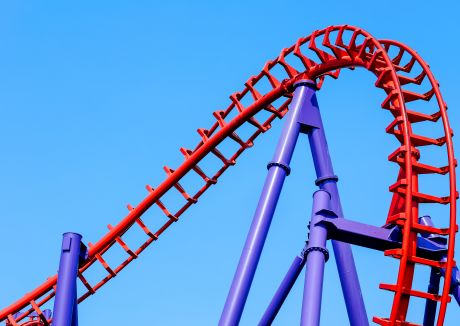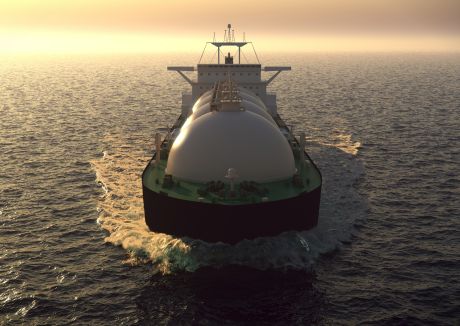Since the pro-business government of President Macri took office in 2015, Argentina has taken concrete steps towards an attractive framework to encourage the exploitation of the country’s considerable resources. As a result, the prospects for shale gas production are more positive than ever.
Vaca Muerta
In January 2017, the Argentine Government announced a comprehensive agreement in relation to the operations overlying the Vaca Muerta structure, located in the Province of Neuquén, estimated to hold 8.7 Tcm of shale gas resources.
The agreement included:
- New labour legislation specifically targeted at non-conventional oil and gas activities, aiming to reduce costs and introduce flexibility into the labour market for unconventional oil and gas operations
- A ‘Program to Foster Investments in Unconventional Gas Production Projects’, which took effect in January 2018, guaranteeing a minimum price for tight or shale gas volumes sold in the domestic market until 2021 (USD 7.50/MMBtu in 2018, diminishing USD 0.50 per year)
The government hopes these robust incentives will increase production at Vaca Muerta to 73 Bcm/y by 2030.
Offshore
In the coming days, the federal government will call for bids to award the first exploration permits in almost three decades for offshore blocks. Blocks will be awarded in the Austral, West Malvinas and the northern portion of the Argentina Basin, covering around 200,000 km2, under 30-year licences. The legislation containing the final terms will be issued shortly and the government expects to receive bids in November 2018.
The promotional offshore regime will exempt producers from export taxes and promises tax incentives for the import of capital goods and supplies. It also pledges to honour international gas export prices in the event of gas export embargo.
Challenges
With these measures coming together, Argentina has already witnessed the first symptoms of recovery. As of 1 September 2018, Argentina will resume natural gas pipeline exports to Chile.
However, financial market volatility is hitting emerging economies hard. Investment conditions in Argentina have deteriorated in recent months, and the economy may not be stable enough for a rapid deployment of capital.
Argentina is especially vulnerable to foreign exchange movements. The Argentine peso depreciated by more than 75% against the US dollar in 2018 and the annual inflation rate is forecast at 30%. As a result, the government has been forced to put in place an emergency agreement with the IMF and increase interest rates to 45% - the highest levels in the world.
The peso devaluation diminishes earnings in dollar terms for producers and pushes up the cost of importing goods and services, for example oil and gas rigs.
The increase in the interest rates, meanwhile, makes it harder to finance oil and gas projects. Higher borrowing costs mean upstream companies need higher gas prices for their projects to be economically viable.
High interest rates also make it more difficult to finance associated infrastructure projects which are often a key part of a project’s business case. A revamped train line might lower logistics costs, for example, while new pipelines or gas storage might be essential to service demand and provide flexibility.
How could the situation affect the region?
Developments in Argentina’s upstream may have significant impacts in the region.
If Argentina achieves its goal of making Vaca Muerta competitive, domestic shale production could absorb demand otherwise met by imports. According to the government, the target is to produce Vaca Muerta gas at USD 3/MMBtu, down from the average price of USD 4-5/MMBtu this year. The evidence suggests that this target might be achievable, with some blocks’ productivity in line with the best plays in the United States.
Argentina will reduce imports from Bolivia – which currently supplies about 20 MMcm/d via pipeline - in the Argentine summer and will start exporting more gas to Chile. This may have a significant effect in the region.
In addition, Argentina is progressively reducing imports of LNG. Argentina is set to import slightly more than 50 cargoes of LNG this year to meet peak winter demand, down from 68 last year and 90 in 2015. The government’s objective is to reduce LNG imports to 35-40 cargoes by the winter of 2019 and 2020 and replace them with output from the Vaca Muerta shale.
The timing and impact of these developments will depend on Argentina’s ability to stabilise its economy and lower financial costs, and to find more outlets for its production. Brazil and Bolivia are also looking to bolster natural gas production, while gas demand in the region is not forecast to grow significantly. Ultimately, the region could eventually face an oversupply problem.
If you would like more information about how Gas Strategies can help your business with Consulting services across the value chain or provide industry insight with regular news, features and analysis through Information Services or help with people development through Training Services, please contact us directly.








